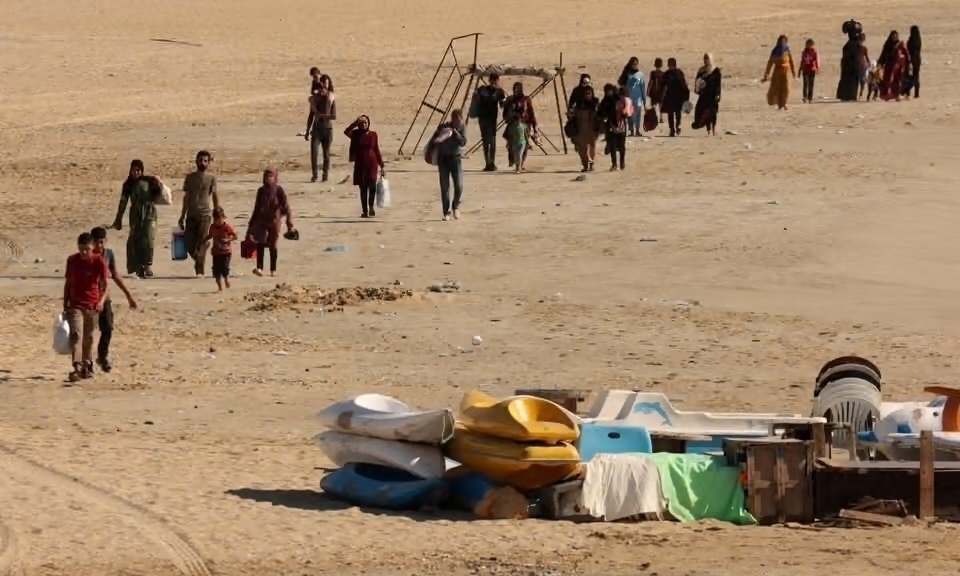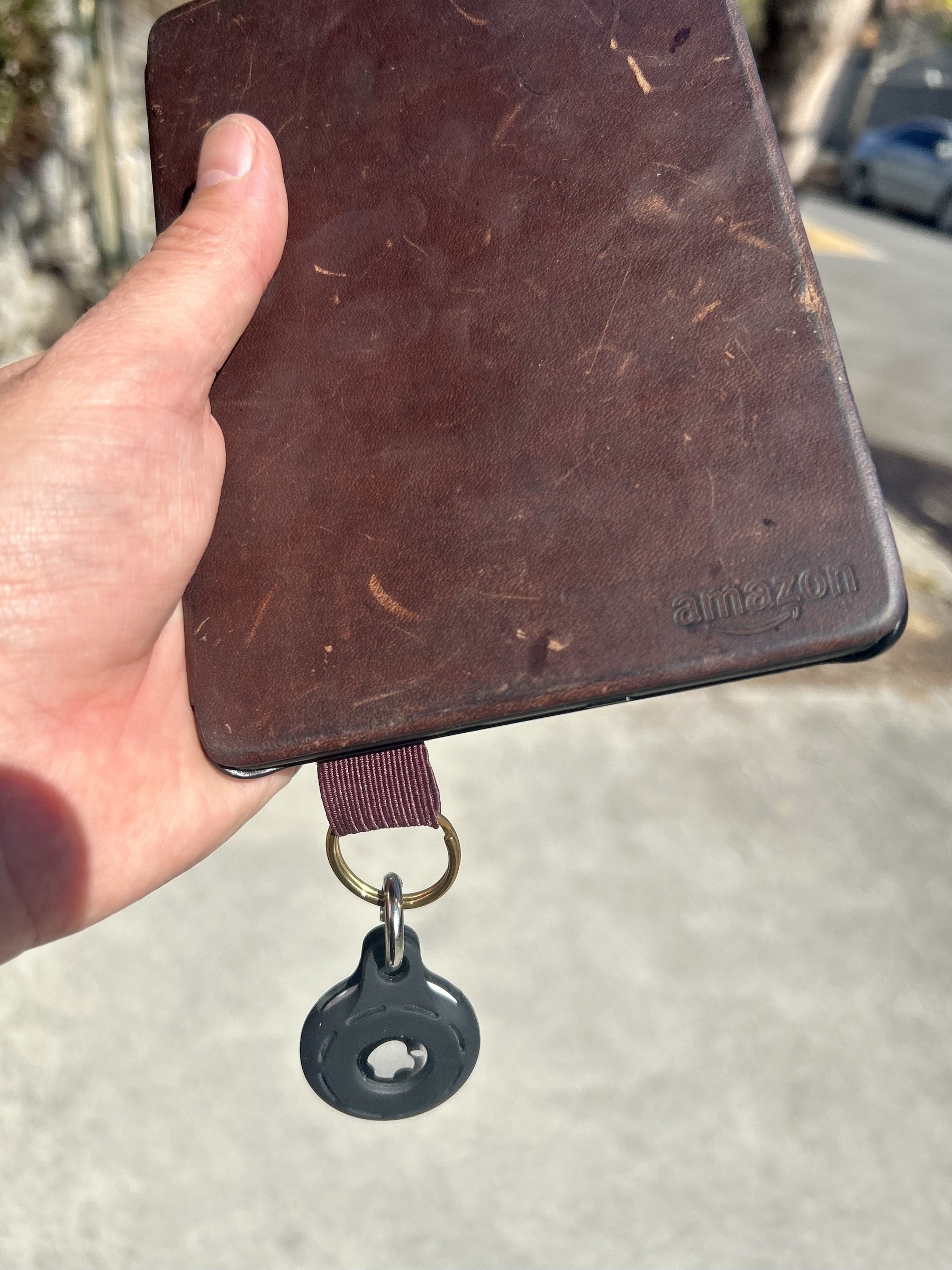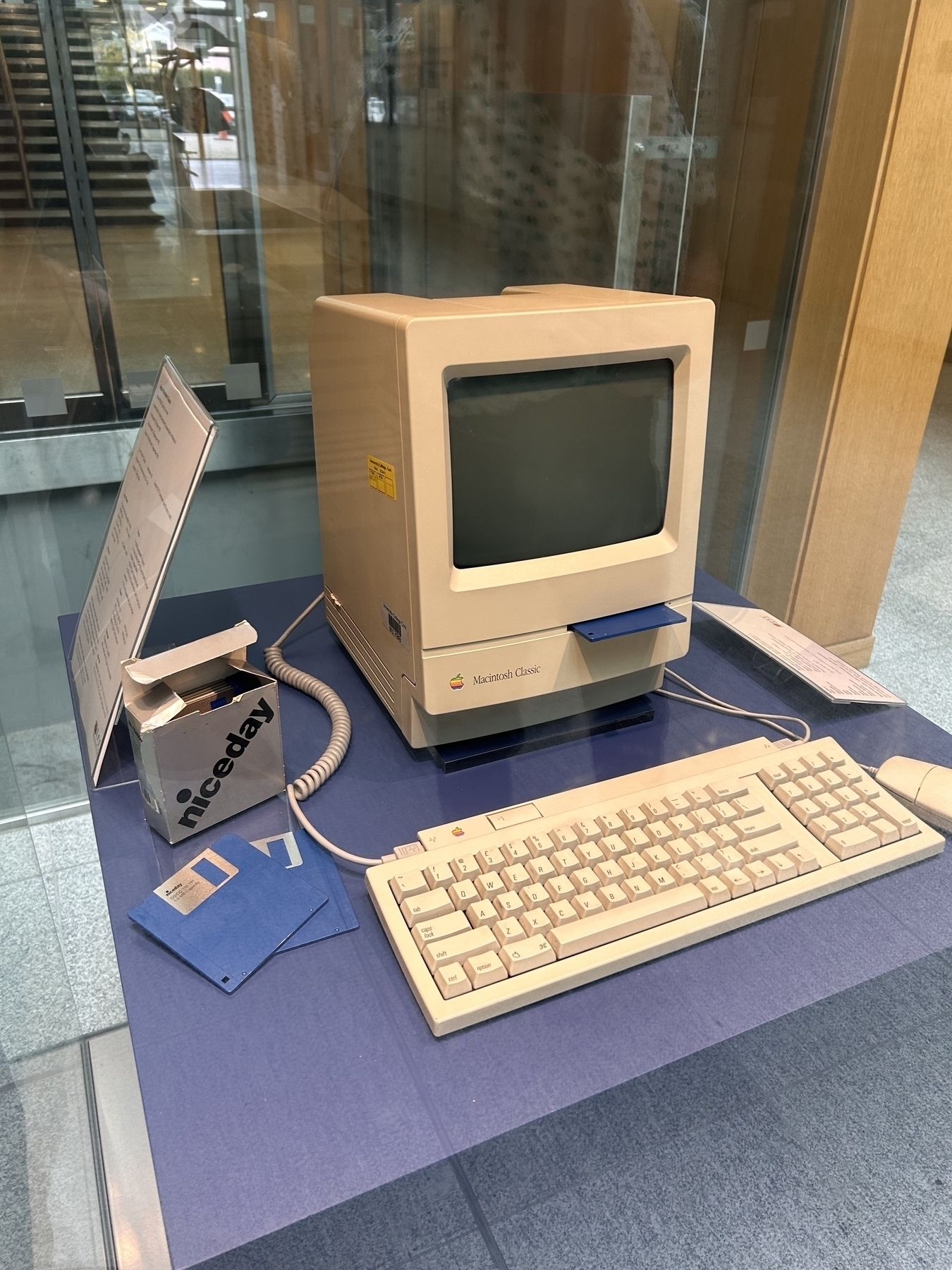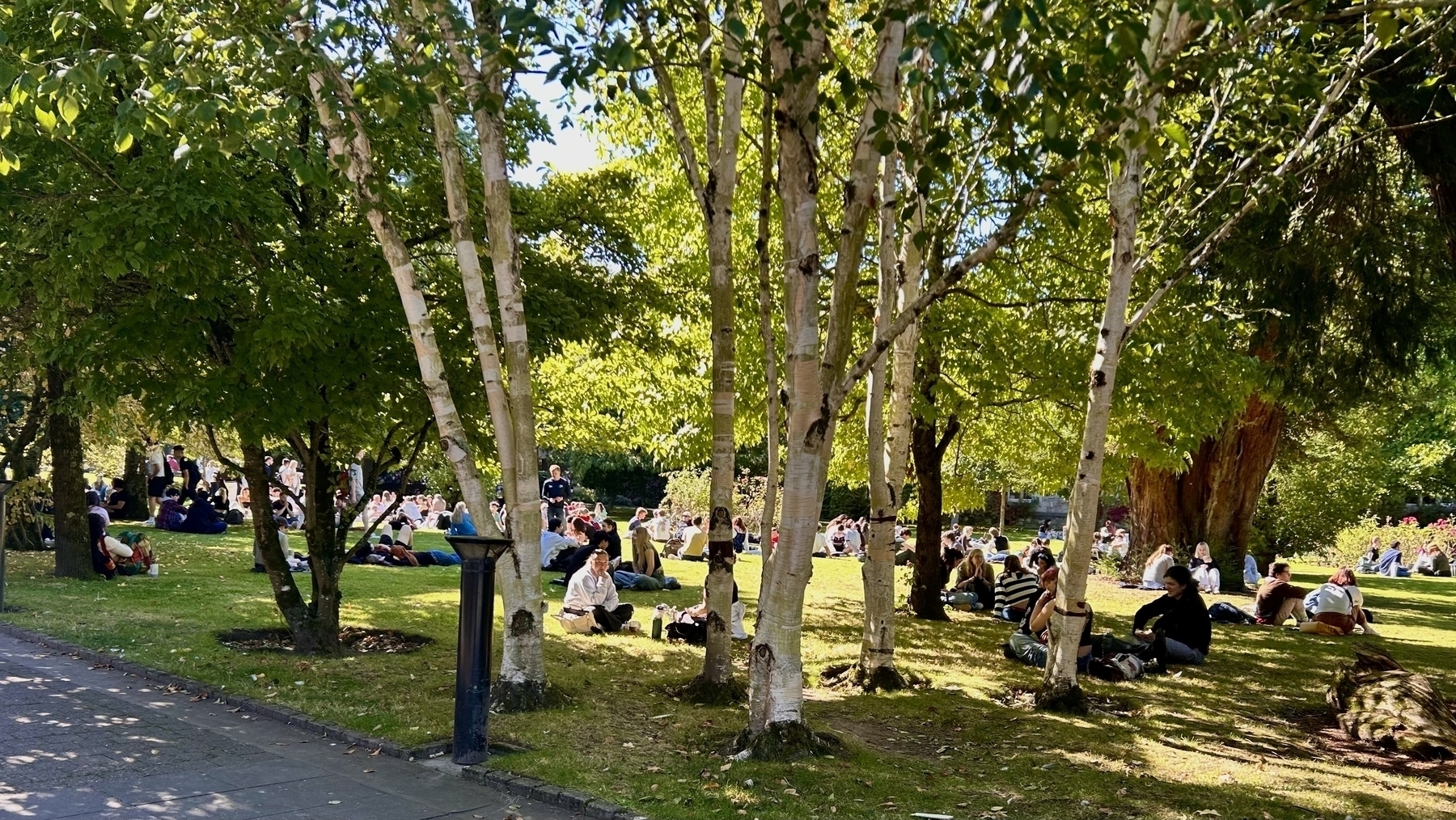With the European Peace Facility, the EU is seeking greater flexibility that will allow it to bypass the African Union and directly fund national and sub-regional military initiatives.
The blockbuster film of the last few years has achieved a synthesis of these two trends: color-rich saturated imagery, hammer on the head straightforward storytelling. I think that the actual visual pleasure offered by these new films is such a breath of fresh air that they disarm people’s critical faculties (See also: Everything Everywhere All At Once, The Banshees of Inishiren, Saltburn). What has emerged reminds me most of the USSR’s most maligned aesthetic legacy, socialist realism.
tl;dr the big variation in non-GP specialist fees in Australia is largely due to differences between individual doctors, rather than factors such as patient complexity or structural costs.
Sources of specialist physician fee variation: Evidence from Australian health insurance claims data 🔒
Guizhou has been the target of successive visions of state-led sinofuturity, which have developed the province as unevenly as its karst landscape.
3.5 million Argentinians pushed into poverty this year
Argentina’s poverty rate has soared to almost 53% in the first six months of Javier Milei’s presidency, offering the first hard evidence of the far-right libertarian’s tough austerity measures are hitting the population
Poverty in Argentina soars to over 50% as Milei’s austerity measures hit hard
Israeli strikes kill 492 in heaviest daily toll in Lebanon since 1975-90 civil war
It’s awful that Israel’s “escape forward” strategy, at the cost of thousands of lives, faces no meaningful international censure.
🇱🇧🇵🇸

Sticking an AirTag on my Kindle just saved me again. If it wasn’t for this I’d have lost it many times by now.

Catholicism, another flank in America's pernicious global influence?
Another interesting piece, though it cements my view that American Catholicism has far more in common with with the evangelical churches of their countrymen than what is understood to be Catholicism in the rest of the world. Another flank in America’s pernicious global influence?
Behind the Catholic Right’s Celebrity-Conversion Industrial Complex - Vanity Fair
Interesting piece on Vance and his antecedents.
Who Owns America? was the Agrarian-Distributists’ last hurrah. The American public — including, ironically, the very farmers and working men that the movement sought to “save” — was simply not attracted to the philosophy.
The Forebears of JD Vance and the New Right - Olivia Paschal in HNN
Worth a watch if you’ve never seen it.
In one of the University College Cork buildings they have a Mac (the same model that my Dad bought for our family and that I used as a kid) on display in a glass case, like it’s some sort of early hominid tool. I’ve rarely felt so old.

Tide players surf the currents
Twenty years of the development of health impact assessment in Australia
A presentation at University College Cork, 17 September 2024
References cited
Community Affairs References Committee (2013) Australia’s domestic response to the World Health Organization’s (WHO) Commission on Social Determinants of Health report “Closing the gap within a generation”, Australian Senate: Canberra.
ECHP. (1999). Gothenburg Consensus Paper on Health Impact Assessment: Main concepts and suggested approach.
Haigh, F., Crimeen, A., Green, L., Moeller, H., Conaty, S., Prior, J., & Harris-Roxas, B. (2023). Developing a climate change inequality health impact assessment for health services. Public Health Research and Practice, 33(4). https://doi.org/10.17061/phrp3342336
Harris, P., Harris-Roxas, B., Harris, E., & Kemp, L. (2007). Health Impact Assessment: A practical guide. UNSW and NSW Health. http://www.hiaconnect.edu.au/wp-content/uploads/2012/05/Health_Impact_Assessment_A_Practical_Guide.pdf
Harris-Roxas, B., & Harris, E. (2011). Differing forms, differing purposes: A typology of Health Impact Assessment. Environmental Impact Assessment Review, 31(4), 396–403. https://doi.org/10.1016/j.eiar.2010.03.003
Harris-Roxas, B., Viliani, F., Bond, A., Cave, B., Divall, M., Furu, P., Harris, P., Soeberg, M., Wernham, A., & Winkler, M. (2012). Health impact assessment: The state of the art. Impact Assessment and Project Appraisal, 30(1), 43–52. https://doi.org/10.1080/14615517.2012.666035
Kim, J., Dannenberg, A., Haigh, F., & Harris-Roxas, B. (2024). Let’s Be Clear—Health Impact Assessments or Assessing Health Impacts? Public Health Reviews, 45, 1607722. https://doi.org/10.3389/phrs.2024.1607722
Office for Health Improvement & Disparities. (2024). Health Equity Assessment Tool (HEAT): What it is and how to use it. Office for Health Improvement & Disparities. https://www.gov.uk/government/publications/health-equity-assessment-tool-heat/health-equity-assessment-tool-heat-executive-summary
O’Mullane, M., Smith, K., Archibong, U., McHugh, S., Mullally, G., Purdy, J., Pursell, L., Harris-Roxas, B., Kelly, I., Kavanagh, P., Daly, H., O’Mahony, T., Green, L., Ward, J., Burke, S., Connolly, B., & Cave, B. (2023). Development of a Health Impact Assessment (HIA) Implementation Model: Enhancing Intersectoral Approaches in Tackling Health Inequalities (Irish Health Research Board)
Pollard, E. E. (2023). Interrupting white business as usual: Applying the Health Equity Assessment Tool in health service and programme planning in Aotearoa [PhD]. University of Otago.
Sally, S., Felicity, B., Christina, Z., Serene, Y., Anna, P., & Kathryn, B. (2024). A realist impact evaluation of a tool to strengthen equity in local government policy-making. International Journal for Equity in Health, 23(1), 179. https://doi.org/10.1186/s12939-024-02266-5
Winkler, M. S., Furu, P., Viliani, F., Cave, B., Divall, M., Ramesh, G., Harris-Roxas, B., & Knoblauch, A. M. (2020). Current Global Health Impact Assessment Practice. International Journal of Environmental Research and Public Health, 17(9), Article 9. https://doi.org/10.3390/ijerph17092988
Winkler, M. S., Krieger, G. R., Divall, M. J., Cissé, G., Wielga, M., Singer, B. H., Tanner, M., & Utzinger, J. (2013). Untapped potential of health impact assessment. Bulletin of the World Health Organization, 91(4), 298–305. https://doi.org/10.2471/BLT.12.112318
Winkler, M., Viliani, F., Knoblauch, A., Cave, B., Divall, M., Ramesh, G., Harris-Roxas, B., & Furu, P. (2021). International Best Practice Principles: Health Impact Assessment (2nd edition) (Special Publication Series). International Association for Impact Assessment.
Zanella, N. (2021). ‘Treading waves’ on the Qiantang River: An exploration of wave riding in Chinese history and literature. TEXT, 25(Special 65). https://doi.org/10.52086/001c.28071
The post Tide players surf the currents appeared first on Ben Harris-Roxas.
























